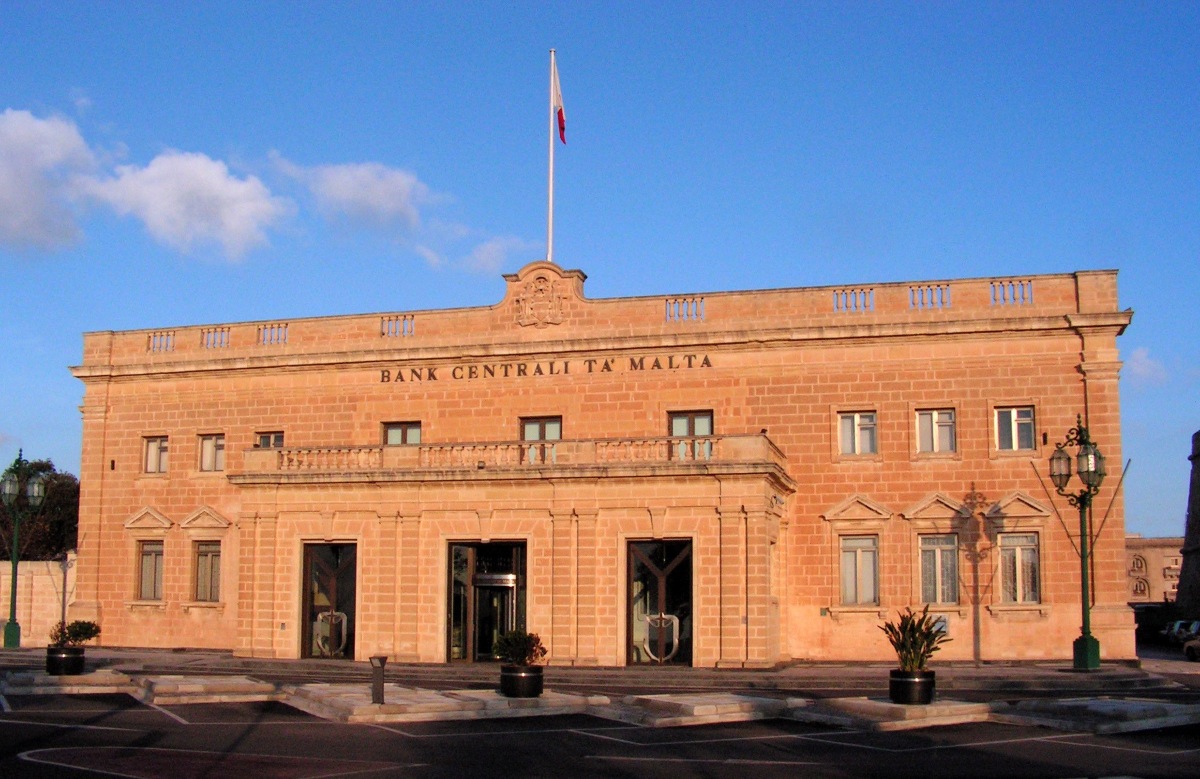The Malta Co-operative Federation (MCF) has proposed a series of reforms for the upcoming 2026 National Budget, including a call to amend Malta’s Banking Act to allow co-operative societies to hold banking licences – a move it says would diversify the financial ecosystem and improve access to credit for small and medium-sized enterprises (SMEs).
The proposals, unveiled under the theme “Co-operatives and Community”, also call for the creation of a Confiscated Assets Social Reuse Fund, which would convert state-held or confiscated properties into community infrastructure. The initiative aims to promote the social reuse of public assets, supporting projects in mobility, elderly care, and urban greening – areas that overlap with the Local Councils’ Association’s “Residents First” vision.
MCF CEO Claudio Farrugia described the proposals as “not about large-scale spending” but about “smarter regulation, better use of existing assets, and empowering communities to co-create solutions.”
“Co-operatives are a proven model for resilience and inclusion, and Malta has the opportunity to lead,” Mr Farrugia said.
Among the Federation’s 11 targeted proposals, another key recommendation is for co-operatives to gain equal access to Malta Enterprise schemes, removing administrative barriers that currently prevent them from benefiting from enterprise support programmes. The Federation argues that such access would help stimulate local innovation and entrepreneurship, particularly within citizen-led and social enterprise models.
The MCF also highlighted the need for audit exemption parity – extending audit relief to qualifying co-operatives in line with Legal Notice 139 of 2025 – and called for clearer national guidance to embed social value in public procurement, ensuring social enterprises can compete more fairly in tendering processes.
Rooted in Malta’s constitutional commitment to support co-operatives, the proposals are structured around four pillars:
- Finance and regulation
- Public procurement and asset reuse
- Community services and infrastructure
- Social inclusion through employment
Several proposals align with EU frameworks, including the Renewable Energy Directive, through the promotion of citizen-led renewable energy co-operatives with access to public land and streamlined permitting processes.
The Federation urged policymakers to integrate these measures into Malta’s broader economic strategy, aligning with the EU Social Economy Action Plan and the country’s Vision 2050 goals.
“By adopting these reforms,” the Federation said, “the government can foster a more democratic, sustainable, and locally rooted economy – one that empowers communities to take ownership of their future.”
Featured Image:
Claudio Farrugia (left) and Rolan Micallef Attard (right) / maltacooperativefederation.coop
Number of people earning over €60,000 triples since 2021 in Malta
High earners make up 8.5% of Malta’s workforce
Central Bank of Malta considers national mobile payment platform to simplify instant transfers
The CBM also plans to increase the minimum cheque amount from €20 to €50, encouraging smaller payments
Skills shortages overtake tax reform as top threat to Malta’s investment attractiveness
Survey findings warn that execution is now critical






